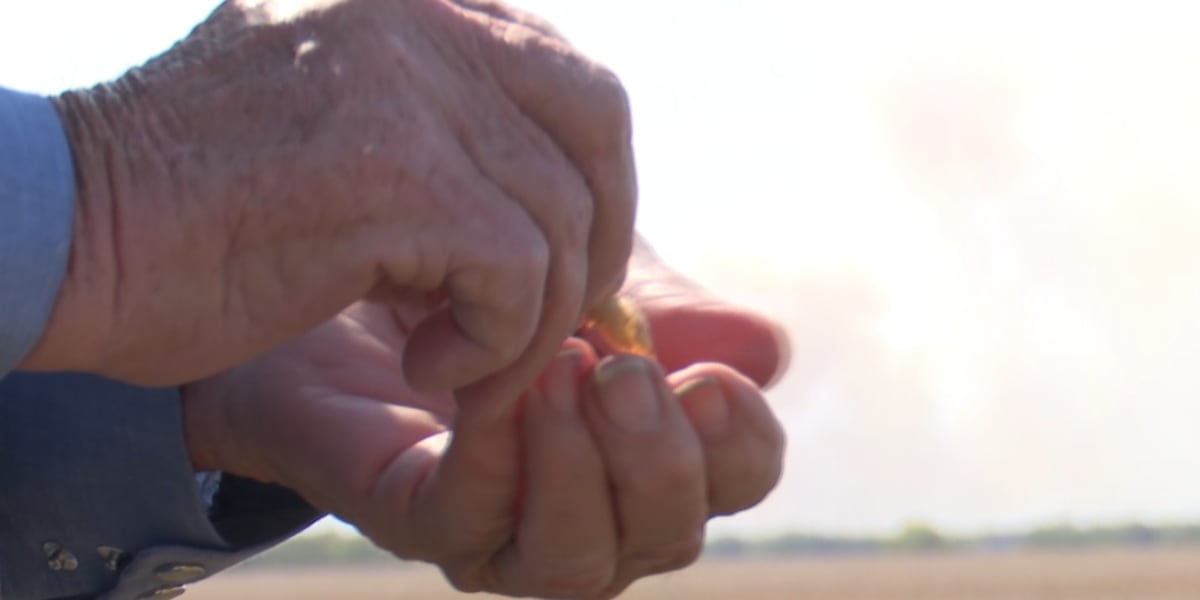Eliminating waste and fraud is a good thing. The problem is identifying what is and isn’t that.
Like, let’s say that USAID gives a few billion to prevent famine globally. Is that waste? To be sure, the people who receive that money aren’t American. But, on the other hand, they may be people who grow coffee beans, kola nut, various spices, etc. and much of the reason that they’re starving is because they’re growing cash crops that we import to the US, rather than produce for local consumption. 40 years down the line, that region that we’re aiding may use the money that they’re bringing in from the cash crops to industrialize, become a manufacturing powerhouse, and serve as a lead center of commerce, with strong positive connections to the US because of our history of mutual trade and aid.
There’s a lot of science and math that says that in the short term, you can benefit through assholery. But in the long run, you gain the most benefit by being a positive force, collecting allies, and encouraging wealth and stability for all.
If we can throw a few pennies worth of the budget around on fluff, and gain huge economic gains from it down the line, that’s not a loss. But it’s sort of like insurance, a lot of the time you spend money just to gain nothing from it, but every once in a while you get back what you put in several fold, and justify the expense. You have to look at the whole picture, over centuries, not at individual relationships, during the course of a few years or decades.
And in the present moment, we’re able to buy hundreds of billions of dollars worth of coffee, kola, etc. versus spending 10-50x that cost trying to limit our supply to developed, stable, arable nations, have more to enjoy, and only need to spend back 5% on top of what we bought, every few decades, to aid our producers through a rough spot.
In general, not a bad deal, and you can demonstrate that one without having to get all high-falutin.

